Is the war on cancer being won?
Institute of Cancer Research says public is unaware of progress being made
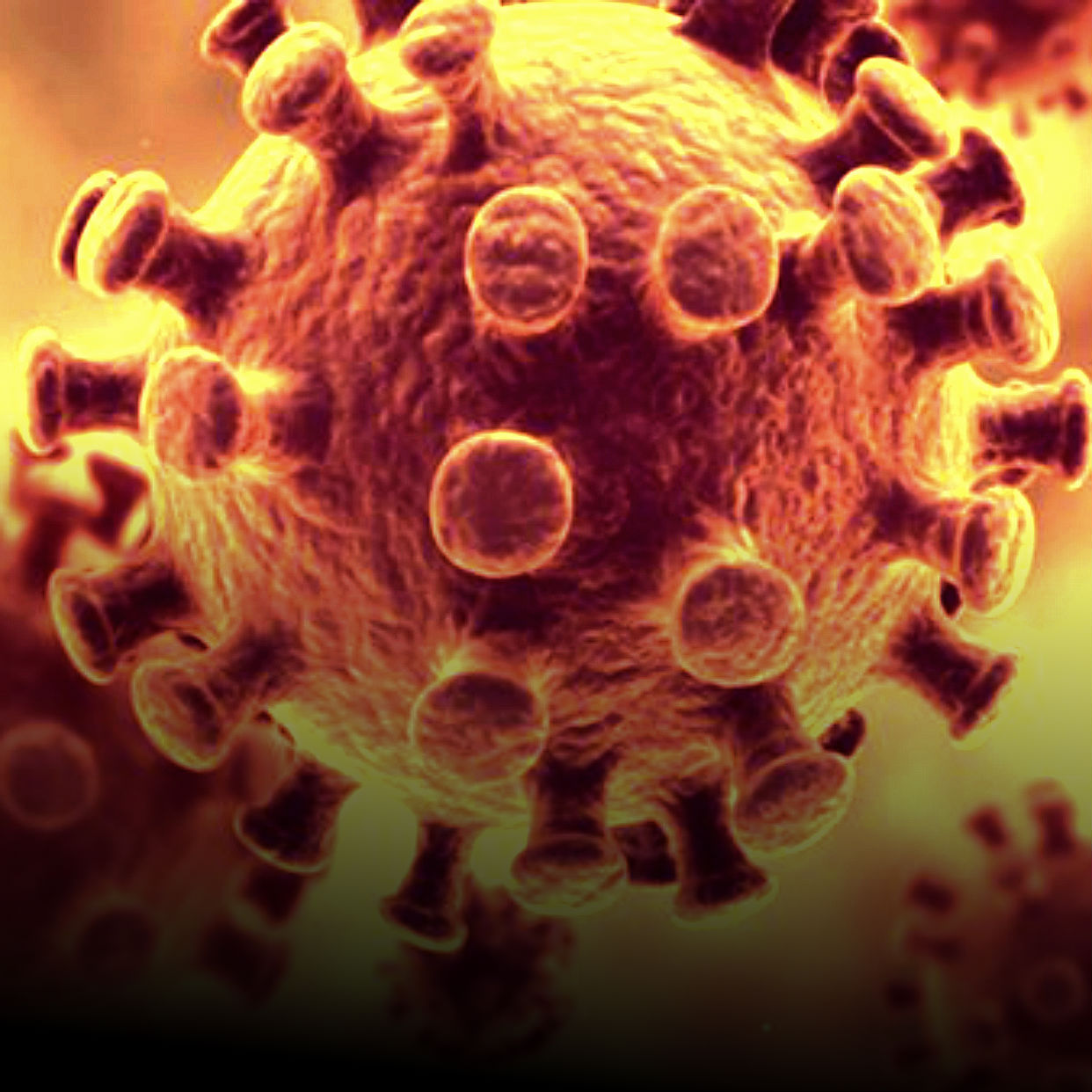
A free daily email with the biggest news stories of the day – and the best features from TheWeek.com
You are now subscribed
Your newsletter sign-up was successful
The hunt for a cure for cancer risks overshadowing advances that have been made in allowing suffers of the disease to live longer, say experts.
The Institute of Cancer Research (ICR) says scientists should focus on helping people with cancer, rather than solely concentrating on the “holy grail” of finding a cure.
The organisation has called for more emphasis on drugs that prevent cancer from evolving within a patient, giving those with advanced forms of the disease a “much longer and better life”.
The Week
Escape your echo chamber. Get the facts behind the news, plus analysis from multiple perspectives.

Sign up for The Week's Free Newsletters
From our morning news briefing to a weekly Good News Newsletter, get the best of The Week delivered directly to your inbox.
From our morning news briefing to a weekly Good News Newsletter, get the best of The Week delivered directly to your inbox.
The Times reports that recent progress means that “the cancer battle is being won”, however, this message is not cutting through with the public.
A survey for the ICR found that less than one-third of people think cancer can be controlled long term, even though survival times for those diagnosed have doubled in a decade and their quality of life is improving. The average patient now lives more than 10 years after diagnosis, turning it into a manageable disease, says The Guardian.
–––––––––––––––––––––––––––––––For a round-up of the most important stories from around the world - and a concise, refreshing and balanced take on the week’s news agenda - try The Week magazine. Start your trial subscription today –––––––––––––––––––––––––––––––
Chief executive of the ICR, Prof Paul Workman, said: “This is a message of hope. The figures are already much brighter than they were before and we need to get everyone to understand that.
A free daily email with the biggest news stories of the day – and the best features from TheWeek.com
“People in research and healthcare professionals need to get the message out that cure rates are improving, ten-year survival has doubled, and even where patients have advanced cancer that is not curable they can have quality of life for many years.”
Dr Olivia Rossanese, head of biology at ICR’s cancer therapeutics centre, told Sky News: “Hearing that you're cured is what every patient wants to hear, but unfortunately that's not the clinical reality for lots of patients.
“Switching the conversation to ‘we understand a little bit about how you’re going to respond and we understand that resistance can happen, but we know how to treat that resistance’ - that turns it into this manageable disease.”
An NHS spoksperson said that a record 2.2m cancer checks were carried out last year, adding: “Your chance of getting a quick diagnosis and treatment is among the highest it has ever been, which is one reason why cancer survival in England is at an all-time high.”
-
 6 of the world’s most accessible destinations
6 of the world’s most accessible destinationsThe Week Recommends Experience all of Berlin, Singapore and Sydney
-
 How the FCC’s ‘equal time’ rule works
How the FCC’s ‘equal time’ rule worksIn the Spotlight The law is at the heart of the Colbert-CBS conflict
-
 What is the endgame in the DHS shutdown?
What is the endgame in the DHS shutdown?Today’s Big Question Democrats want to rein in ICE’s immigration crackdown
-
 The truth about vitamin supplements
The truth about vitamin supplementsThe Explainer UK industry worth £559 million but scientific evidence of health benefits is ‘complicated’
-
 Covid-19 mRNA vaccines could help fight cancer
Covid-19 mRNA vaccines could help fight cancerUnder the radar They boost the immune system
-
 Deadly fungus tied to a pharaoh's tomb may help fight cancer
Deadly fungus tied to a pharaoh's tomb may help fight cancerUnder the radar A once fearsome curse could be a blessing
-
 'Poo pills' and the war on superbugs
'Poo pills' and the war on superbugsThe Explainer Antimicrobial resistance is causing millions of deaths. Could a faeces-filled pill change all that?
-
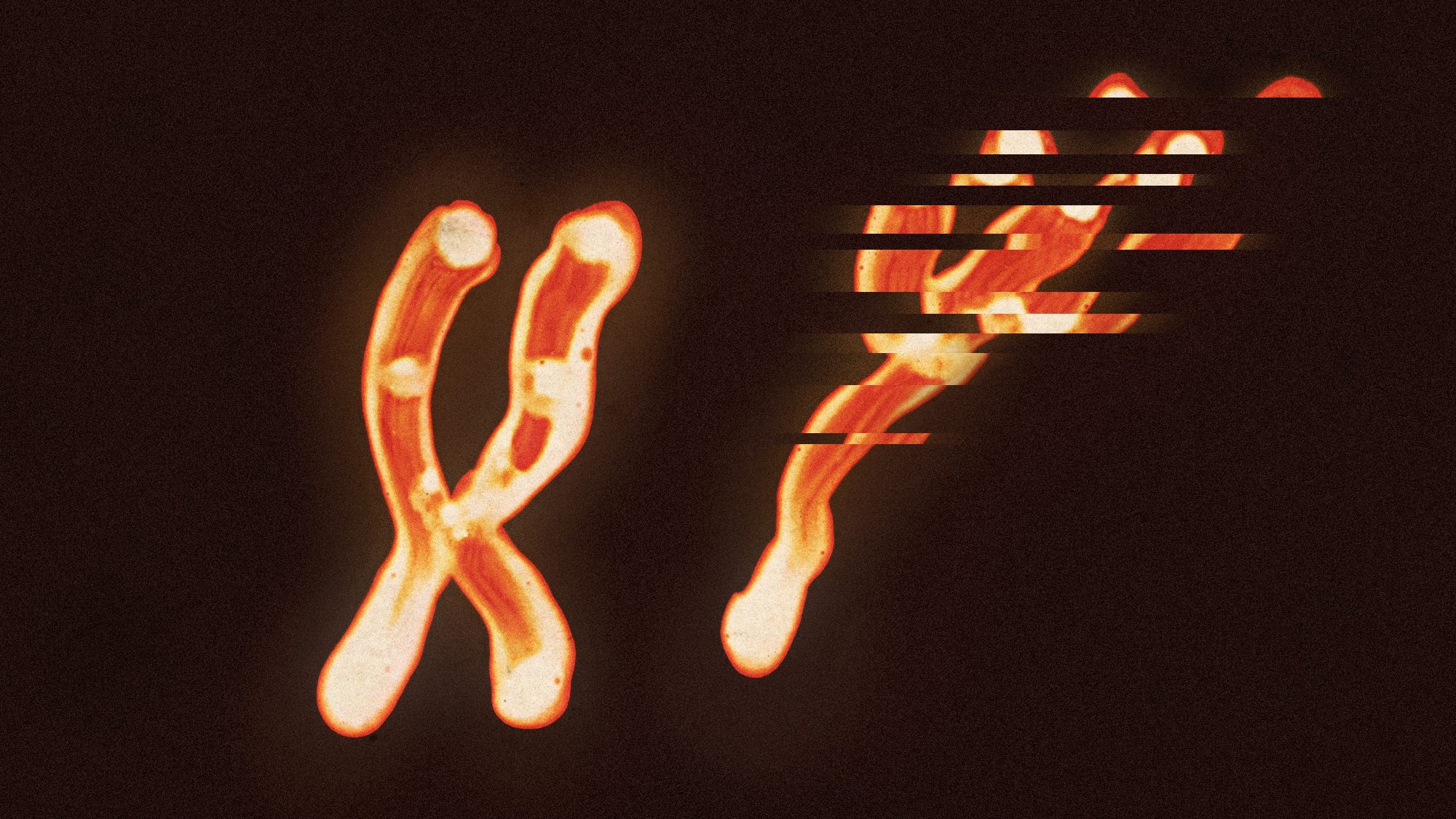 The Y chromosome degrades over time. And men's health is paying for it
The Y chromosome degrades over time. And men's health is paying for itUnder the radar The chromosome loss is linked to cancer and Alzheimer's
-
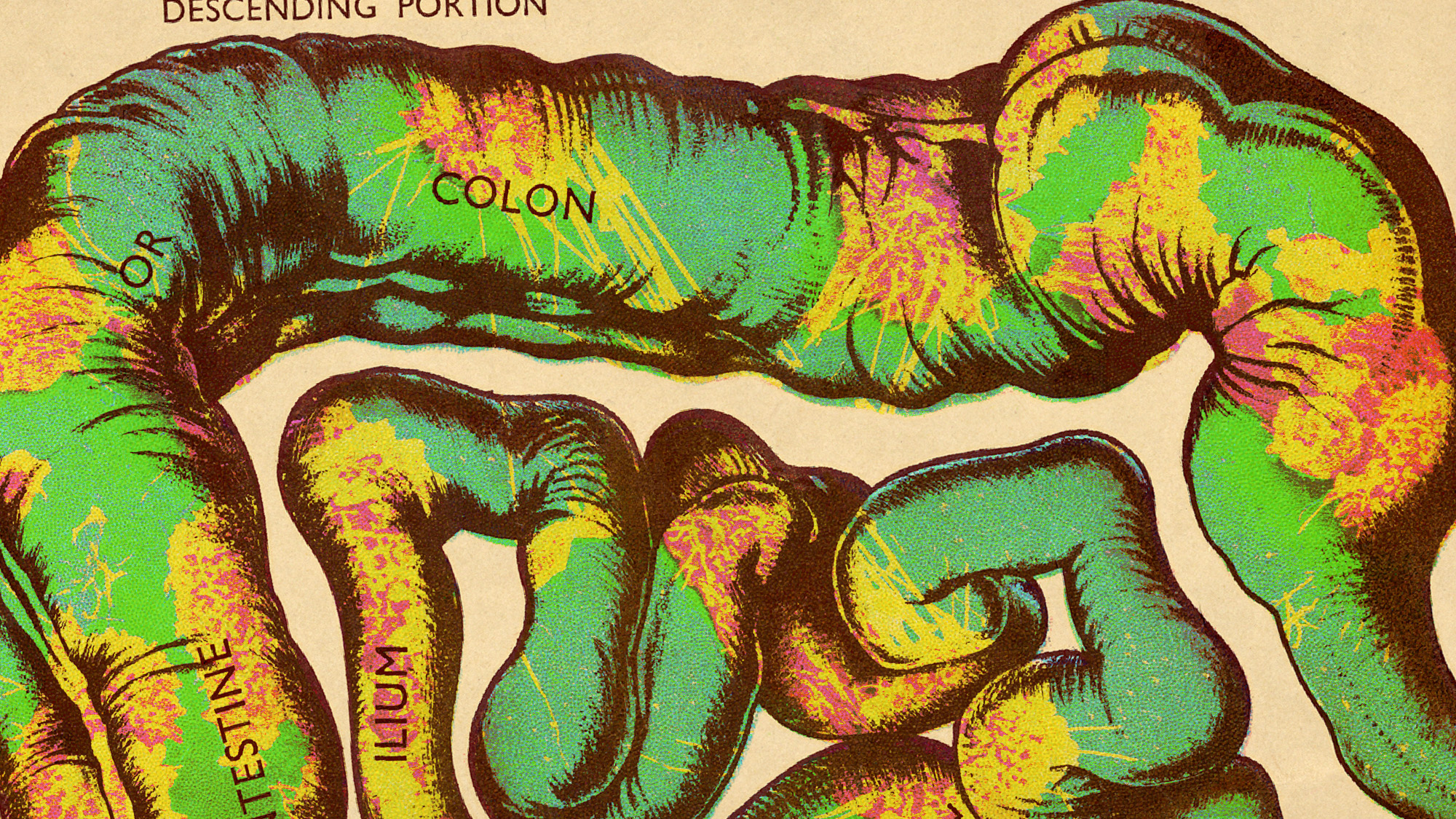 A bacterial toxin could be contributing to the colorectal cancer rise in young people
A bacterial toxin could be contributing to the colorectal cancer rise in young peopleUnder the radar Most exposure occurs in childhood
-
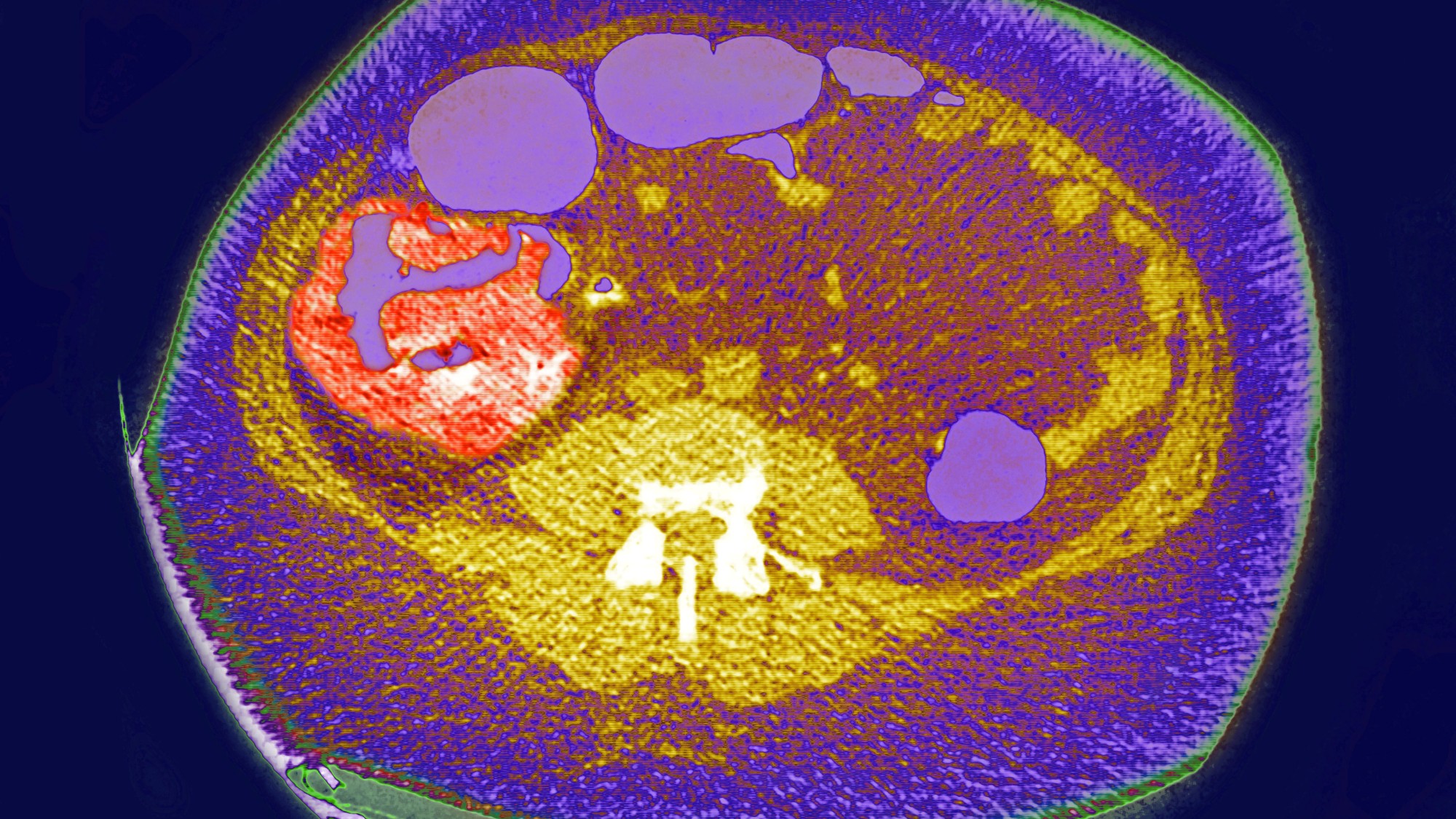 Why are more young people getting bowel cancer?
Why are more young people getting bowel cancer?The Explainer Alarming rise in bowel-cancer diagnoses in under-50s is puzzling scientists
-
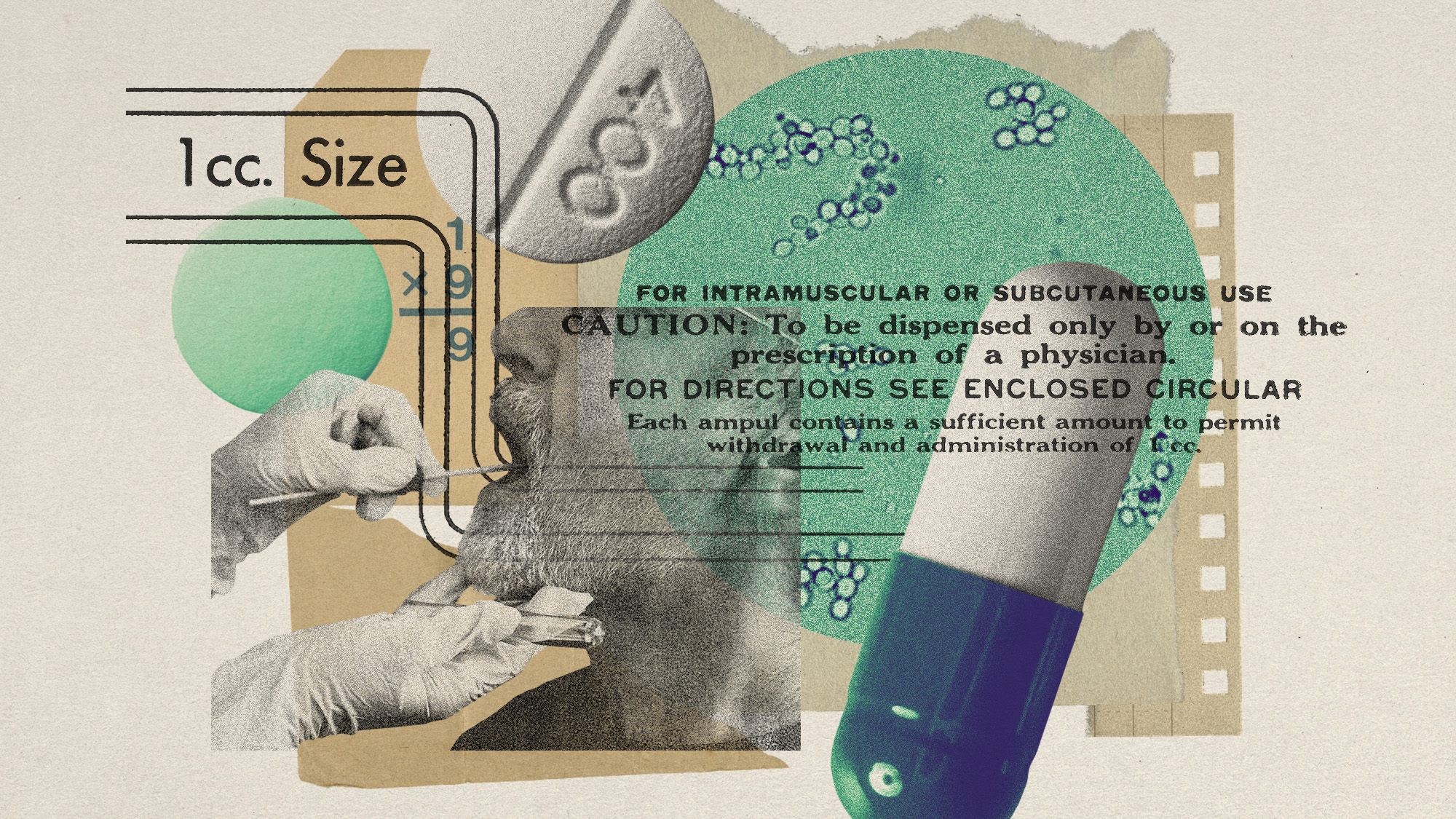 Five medical breakthroughs of 2024
Five medical breakthroughs of 2024The Explainer The year's new discoveries for health conditions that affect millions